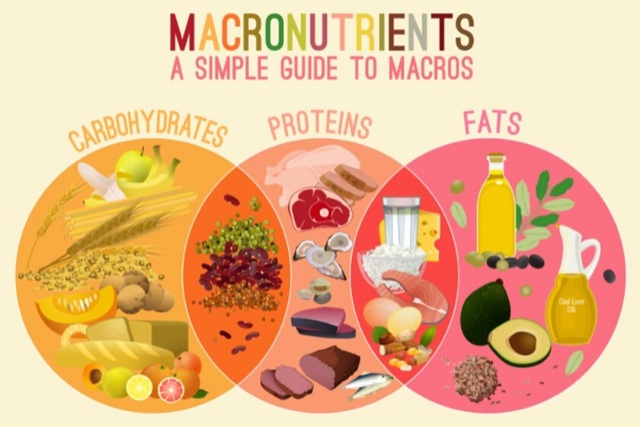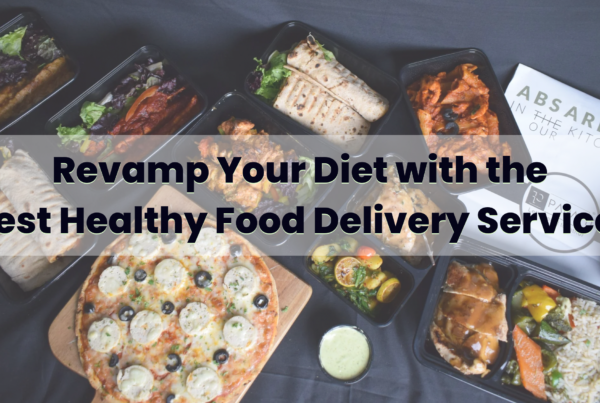Keto diet has gained popularity, unlike any other diet in the recent times. Scores of health articles discuss it daily therefore; many people are willing to follow it after hearing about it from a friend. There are many success stories – people have reported feeling rejuvenated and shedding many kilos but the truth is that the diet drastically limits your carbohydrate consumption. YES! Replacing it with high fat, so your body is forced to use fat from your food as energy instead. In this blog, we will read how keto negatively affects your body.
What is the Keto Diet?
A ketogenic diet is composed of high fats, an adequate amount of protein and low carbohydrates. 90% of the calories are meant to come from fat while protein and carbohydrate make up the remainder. A ketogenic diet is predominantly made up of high-fat foods – including butter, oils, meat, fish, eggs and cheese – and very low-carb vegetables such as leafy greens and cauliflower.
The aim of this diet is to significantly decrease the amount of carbs in your diet, so that the body switches from primarily burning carbs, to burning fat, for energy.
This diet aims to use a different kind of fuel to run the body. Rather than glucose, a body that has been on the keto, will run on ketone bodies instead, sounds interesting? The liver produces ketone from stored fat, so the body effectively begins to use fat as a fuel instead.
How it is supposed to work?
Let’s take a deeper look into the GI (Glycemic Index) tract. When you eat a carbohydrate, which is found in many things from soda to oatmeal to tomatoes, it is broken down into glucose. The main role of glucose is to supply energy to carry out various bodily processes. Glucose is the primary fuel for almost all of the cells in our body.
But what happens when you run out of glycogen?
If a person doesn’t replenish their glycogen stores, their body will break down protein and fat for energy. The problem? Brain cells can’t use them. That’s where ketones come in. When there are no more carbohydrates left to provide energy, the body will start to produce ketone bodies, which can provide energy for most types of cells.
Is Keto good for you?
Ultimately, deciding on whether or not keto is for you will depend on your overall health and how your body will react to this diet. While someone might benefit from keto in one way, it might negatively impact another person in some other way as well. The pros and cons of the keto diet might vary among individuals. Let’s have a look below why keto might not be a good option for you:-
- The side effects of extreme low-carb diets are still a mystery. No one knows how the results will look like? Will they regain the weight or will they suffer health consequences?
- When in ketosis, you may notice that your breath will have an unpleasant odor due to the increased ketone levels in your body. It’s common for the breath to start smelling like acetone because of the breakdown of acetoacetic acid in the stomach.
- You may experience a short-term fatigue phase also known as Keto flu, when you start the keto diet. This is because your body takes some time to adapt itself into using fats as a source of energy instead of glucose. These include fatigue, dizziness, brain fog, poor sleep, difficulty with exercise, and all resulting from extreme restriction of carbohydrates. While these symptoms usually subside after the body adjusts to relying on fat for fuel, it can take anywhere from a few days to a few weeks. Is losing weight really worth potentially feeling ill for weeks?
- During the first few days of starting the diet, you may experience frequent urination. Electrolyte imbalances can also be common if keto followers aren’t aware of hydration needs.
- Constipation is one of the most common side effects of ketogenic diet. Most people who wind up trying a ketogenic diet and then deciding not to continue do so because of the emotional and lifestyle consequences.

- It might be easy in the short-term to go for carb-free foods, ketosis has little or no effect at all but at a certain point, the thought of not being able to eat your favorite foods again can become daunting.
- It may take too long to see a measurable effect. Being a highly restrictive diet, keto is too hard to consistently follow. People tend to lose interest and start eating high-carb foods. The Keto diet could result in less energy and endurance in athletes whereas a high carb diet, however, tends to promote better performance and energy.
Alarming nutrient deficiencies
Since a keto diet limits carbs to 50g a day, it becomes impossible to fulfill the daily requirement of fruits and vegetables to get your vitamins and minerals. For example, a medium-sized banana has 27g carbohydrates. An apple has approximately 25g which blows up half of your allowance in a day. Fats from both plant and animal sources, on the other hand, are devoid of vitamins and minerals like potassium, calcium, folate, vitamin C and magnesium leading to nutrient deficiencies. Such a nutrient-deficient diet leads to long term poor health, disease and disorders

People who follow the ketogenic, or keto, diet eat high amounts of fat, moderate amounts of protein, and minimal amounts of carbohydrates. Some evidence suggests that following this diet can affect cholesterol levels. Specifically, the keto diet’s daily allowances for fat, protein, and carbs are as follows:

Protein: 30–35%
Fat: 55–60% of the day’s total macronutrients
Carbohydrates: 5–10%
Touted as a quick way to lose substantial weight, the ketogenic diet might seem counterintuitive to good heart health. Eating a higher fat diet will increase your serum cholesterol and in turn increases your risk for developing heart disease. So, make sure that the fats you are eating are healthy fasts and not he processed ones.
Everyone is different, and because of this, you may find you need to tweak your keto approach slightly after evaluating how you feel. If it turns out that keto is not for you but you still want to try a new diet to get healthy, there are other diets out there that might be better for you. Keto diet plan is highly considered in India. PARAFIT DELIVERS helps you to achieve your fitness goals in a short period of time by delivering meals tailored to your daily nutrient requirements. We make sure you don’t deprive yourself from any foods and you eat a nutritionally adequate diet. We deliver meals wherever you are in Delhi NCR. A perfect place to restore your belief in magic.









